Palmetto Bluff Real Estate Company Sales Office
Office Hours
Monday-Friday 9am - 5pm
Saturday 9am - 4pm
Sunday 12 - 4pm
Saturday 9am - 4pm
Sunday 12 - 4pm
I meet Bob Newbert at Wilson Dock on a humid morning in late July. The day is already blindingly bright, and we are both slathered in sunscreen. Bob has organized a full schedule for the day, and I fall into step as he strides off down the dock.
I heard of Bob months before in an editorial meeting. Around Wilson Village he’s known as Mr. Palmetto Bluff, a kind of paragon retiree with a wild enthusiasm for all things Lowcountry. Since his retirement in 2009, Bob has thrown himself into a multitude of hobbies. He took shooting lessons, got his captain’s license, and learned how to shrimp. He has perfected the Lowcountry boil, hunted marsh hen, and learned the intricate maze of tidal creeks in a 100-mile radius of the Bluff. He has educated himself on local history and ecology and now leads excursions for organizations like the Boys and Girls Club, even devising itineraries for the Palmetto Bluff Club. And let me tell you, Bob Newbert is having the time of his life.

Our first item on the itinerary is a boat tour along the May River. Bob is an expert at the helm, and we careen through narrow waterways, speeding past wild islands and stopping occasionally at predetermined locations for a funny anecdote or quick history lesson. He tells me all the early lore about Alfred Lee Loomis (who once owned a significant portion of Hilton Head Island) and the menagerie on Bull Island. He explains the oystering industry, the anatomy of a brown pelican, the origins of Pat Conroy’s The Water is Wide. Bob is like a well-oiled machine, and his stories are infused with an infectious enthusiasm for the area, its people, and its rich cultural heritage. Emblazoned across his ball cap, in fact, is :“Captain Bob’s Lowcountry Tours,” a tongue-in-cheek Father’s Day gift from his daughter along with a matching t-shirt and windbreaker.
As the sun reaches its apex, we motor into a small tidal creek and drop anchor for lunch. This is one of Bob’s favorite “hidden happy hour” spots to take friends. “We pull in here and break out a bottle of wine and a cheese board. It’s great fun.” He has packed us chicken salad sandwiches and peaches, and we sit chatting over lunch. “All I did was work,” he tells me. For thirty years, Bob owned a high-profile ad agency in Providence, Rhode Island. He was the quintessential “suit” and dedicated all his time and energy to his career. I wonder aloud if he pre-planned retirement and all the hobbies he would take up. He laughs in disbelief. “No! All I thought about was work!” It’s not that he didn’t have a vibrant life during his working years—quite the opposite. He was founder, chairman, trustee, and board member to a long list of organizations, associations, and institutions. He and his wife, Mary Jane, supported the arts, educational programs, and conservation efforts. The enthusiasm was always there, but he was never really out in it. Retirement, he tells me, gave him the opportunity to reinvent himself. And Palmetto Bluff was his proving ground.

The tide is swiftly receding so we pull anchor and head for Wilson Dock. Bob wants to show me how to shrimp, and we need to switch to a different boat. As the warm air whips past, I ask Bob if he’s ever been stranded in a tidal creek at low tide and he laughs. “Oh yes!” he shouts over the roar of the wind, “I won’t lie about that!” What I like about Bob is his complete lack of cynicism or pretension. He’s quick to laugh, ready to learn. Over lunch I had marveled at the sheer energy required to learn and maintain these sundry hobbies. He told me that his grandfather, upon retirement, sat down in a rocking chair and never really got up. “He got old so quickly,” he remembers. “I’m out doing things all the time, and it just keeps me energized.” True to form, we land at Wilson Dock and Bob springs from the boat, unloading our gear before I even have my shoes on.
After a midday break, I meet Bob at the Palmetto Bluff Shooting Club for a lesson on sporting clays. We climb into a souped-up golf cart and head into the forest. I’m struck by the sheer beauty of the landscape, massive oak species and a lush understory make up a dense, Jungle Book-like setting. The course is massive, boasting thirteen stations and a state-of-the-art five-stand station and a wobble deck. We start at the five-stand, and Bob teaches me how to load and shoot, his voice muffled through my ear plugs. I discharge five or six fruitless rounds into the woods. We switch places and Bob settles into position. “Pull!” I trigger the trap and he fires, blowing the clay to smithereens.

Like boating, shooting is only a recent passion. “I didn’t even know which end of the shotgun to shoot from,” he tells me. “I was a complete novice.” But he took lessons and joined regular shooting groups. Now he is an excellent shot. He misses nary a clay during our hour tour of the course. He has also fallen in with the robust local shooting community. He is invited to seasonal duck hunts and pheasant shoots on neighboring plantations and has joined a few shooting clubs outside Palmetto Bluff. He has learned to shoot marsh hens, a local rail species that hides in the spartina grass around the Bluff. (He always eats what he kills but jokes about the marsh hen. “You know the best recipe for marsh hen?” A sly smile. “Pluck the feathers off the bird. Throw away the bird. Eat the feathers.”) In short, he’s all in. Shooting has become something he’s not only passionate about, but also really, really good at.
We say goodbye as the sky starts to darken, the fat thunderheads of a summer deluge rolling in. Bob promises to introduce me to his daughter Marcia, and I promise to bring my husband down for a shoot. I pull onto Highlander Road, toward home, feeling a strange buoyancy. A day with Bob has reminded me of the importance of play, of learning for the sheer joy of it. May all our lives be so rich!
View more stories like these in the Fall/Winter 2022 edition of The Bluff
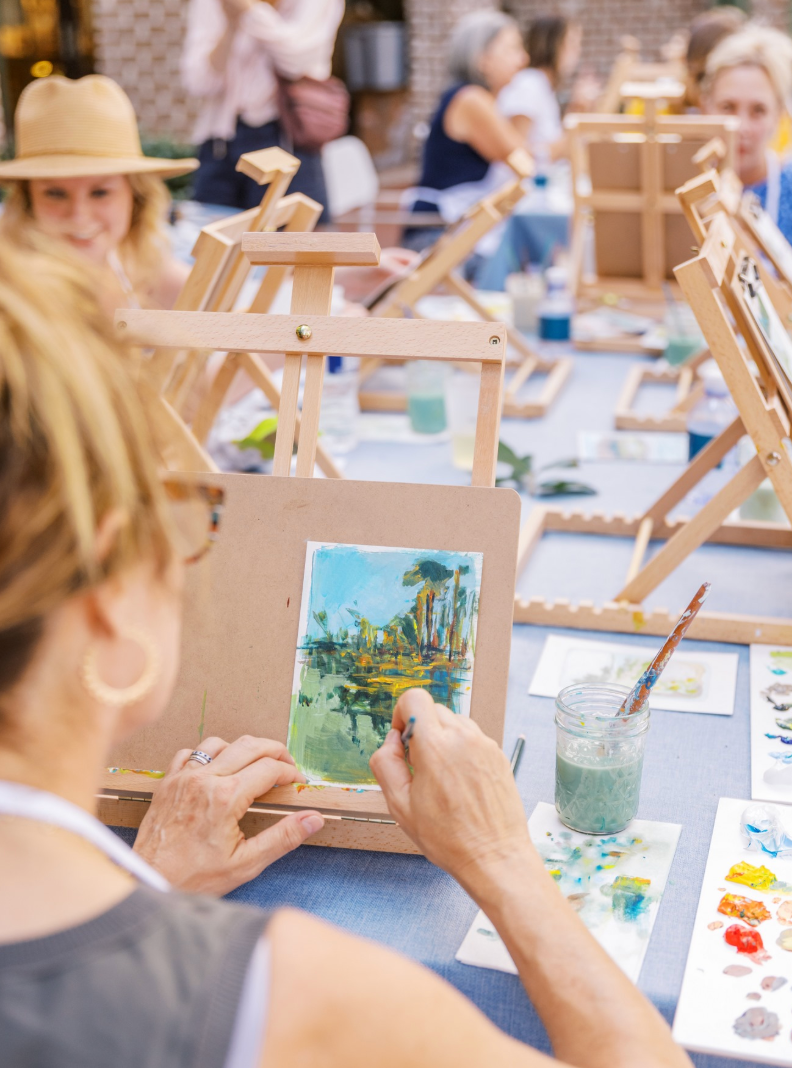
The Arts Initiative at Palmetto Bluff: 2026 Artist in Residence Artists and Workshops There’s a particular kind of quiet that settles over a workshop studio in the early morning; the kind where you can hear brushes moving across canvas, hands shaping clay, ...
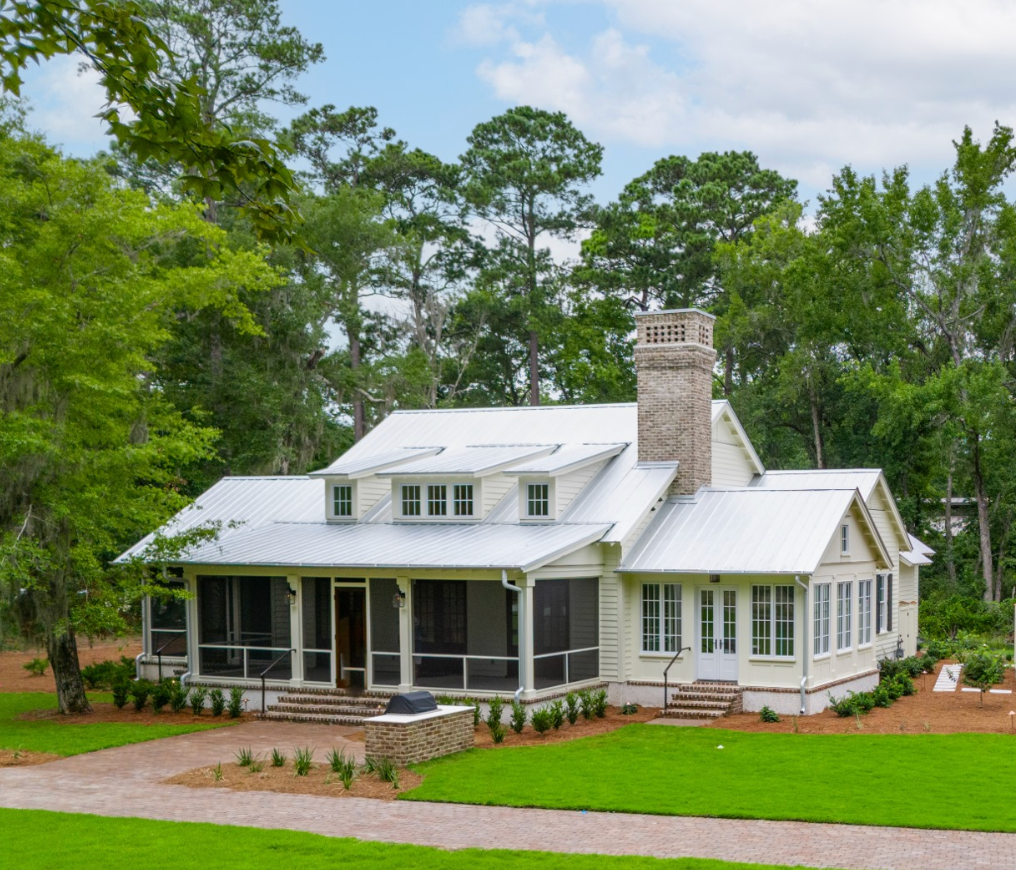
Montage Residences Palmetto Bluff: Turnkey Luxury Homes and Lucrative Real Estate Investments There’s a particular kind of real estate buyer who values their time as much as their money. They understand that true luxury isn’t just about owning things; it’s ab...
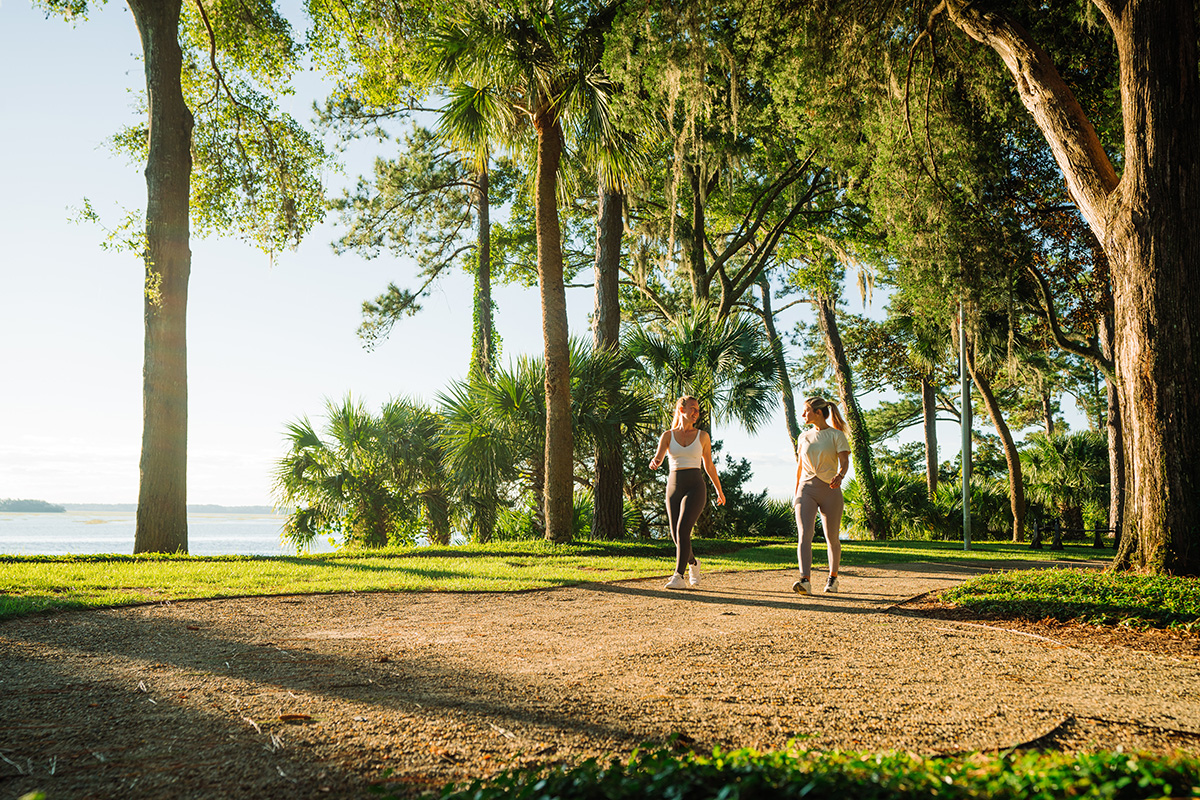
Before you let your New Year’s resolutions quietly fade, remember this: there are still eleven months ahead. Plenty of time. Plenty of possibilities. This year offers a different approach—one inspired by connection and support. At Palmetto Bluff, you’re sur...
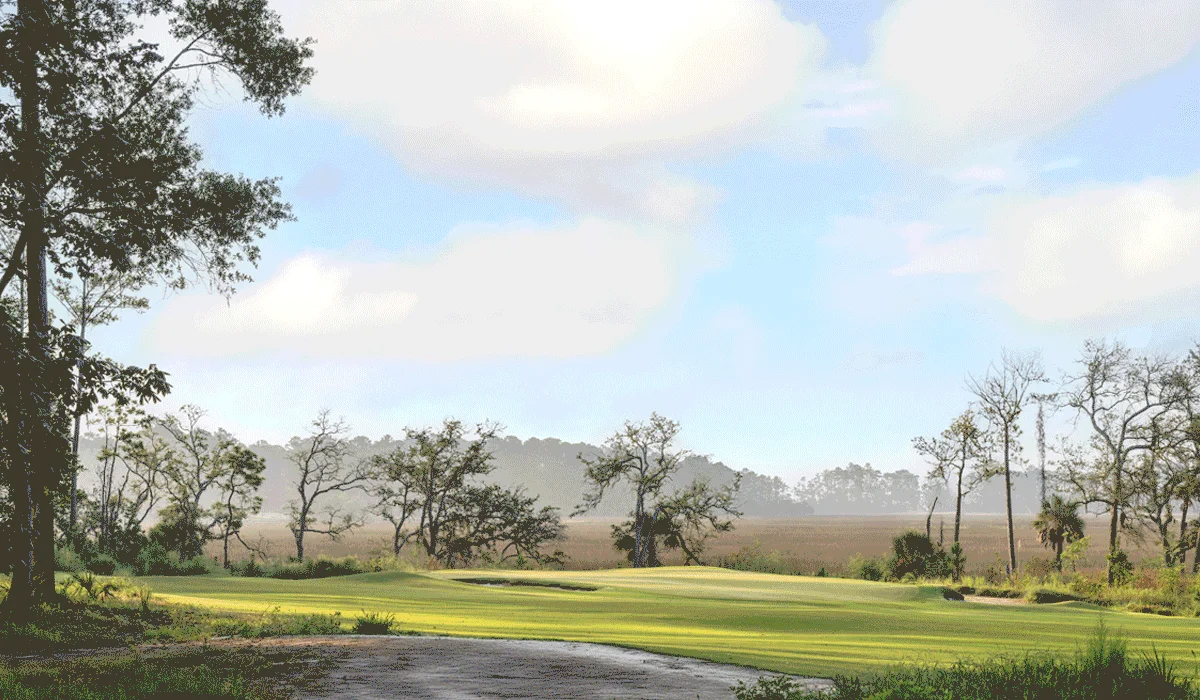
The newest golf experience at Palmetto Bluff is already drawing rave reviews. As the third pillar of golf experience at Palmetto Bluff, Anson Point brings with it a certain lofty set of expectations. After all, it’s hard to follow something like May River G...
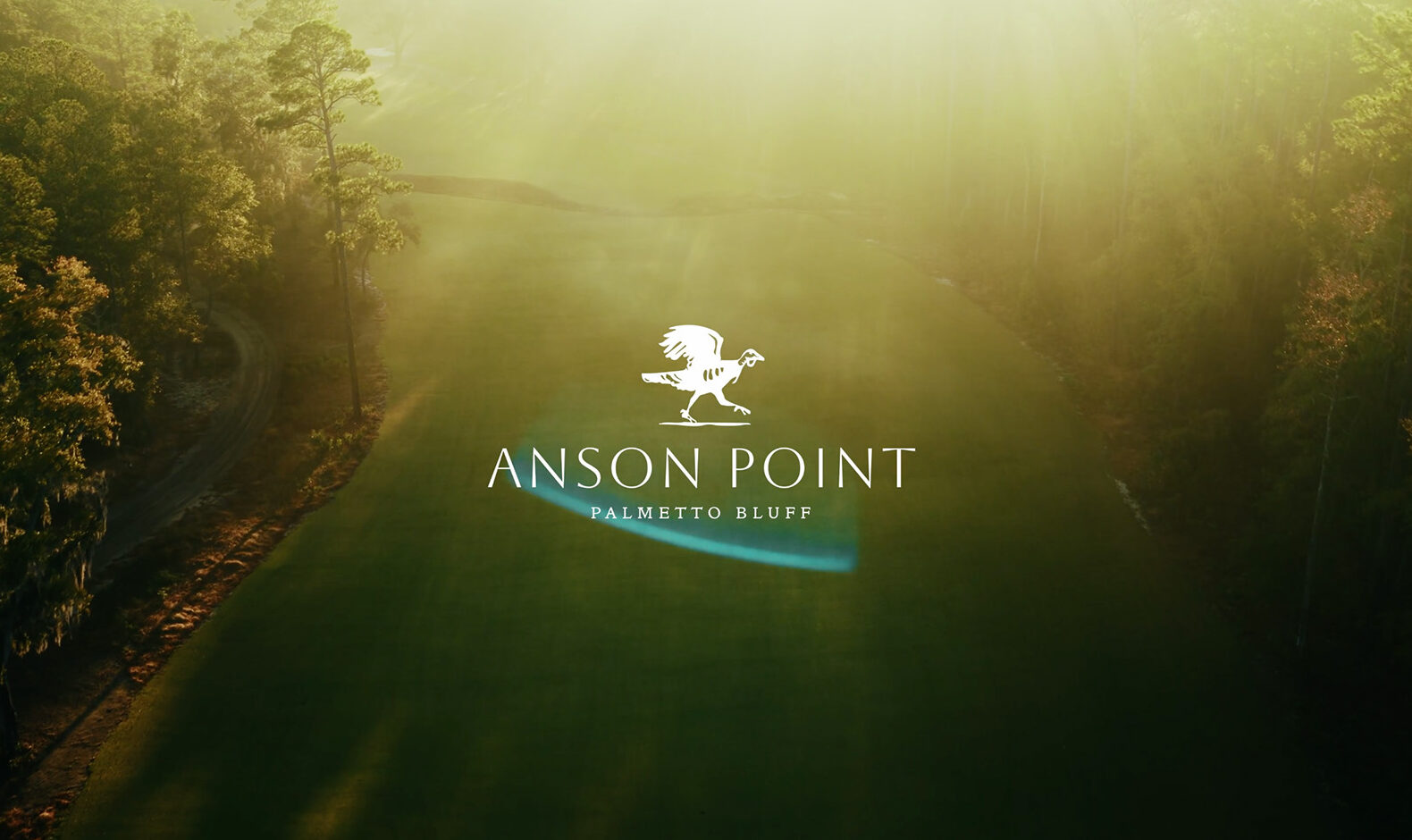
“It's the thrill of being involved in the creation, and it’s the gratification of watching that creation evolve in the manner which you’d hoped”.Bill Coore, Coore & Crenshaw Golf Course Architectshttps://vimeo.com/1155713833?share=copy&fl=sv&fe=c...

From punchy pastels to saturated jewel tones, color is breaking free of its neutral confines. In these artful Lowcountry homes, design becomes a joyful expression of personality and place.Story by Barry Kaufman / Photographs by Kelli Boyd and Nicole CohenInter...
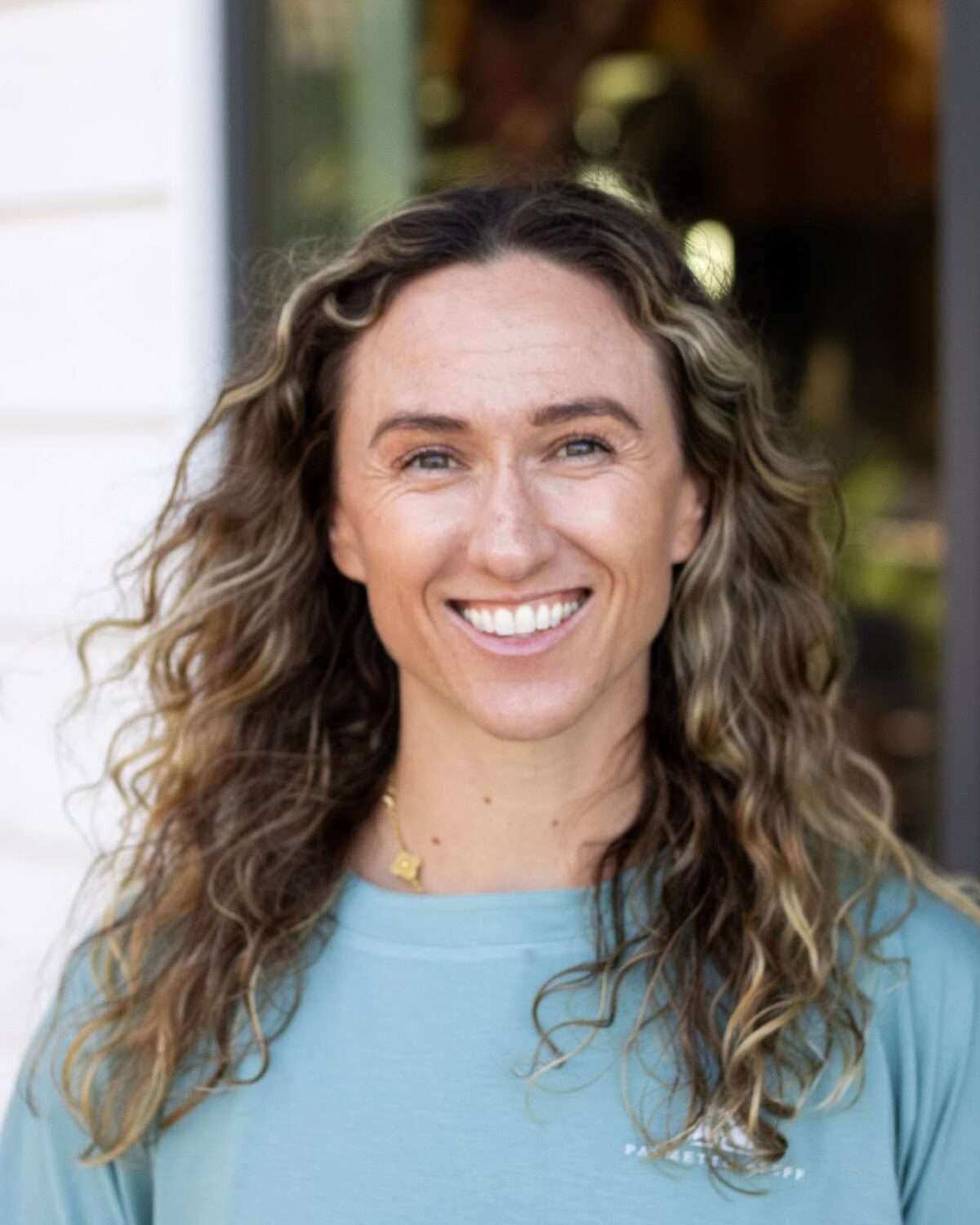
Inside the New Palmetto Bluff Club Fitness Center, Reformer Pilates Studio, and What Wellness Really Means Kendra Till's journey to Palmetto Bluff wasn't exactly a straight line. After growing up in Iowa and attending the University of South Carolina, her a...
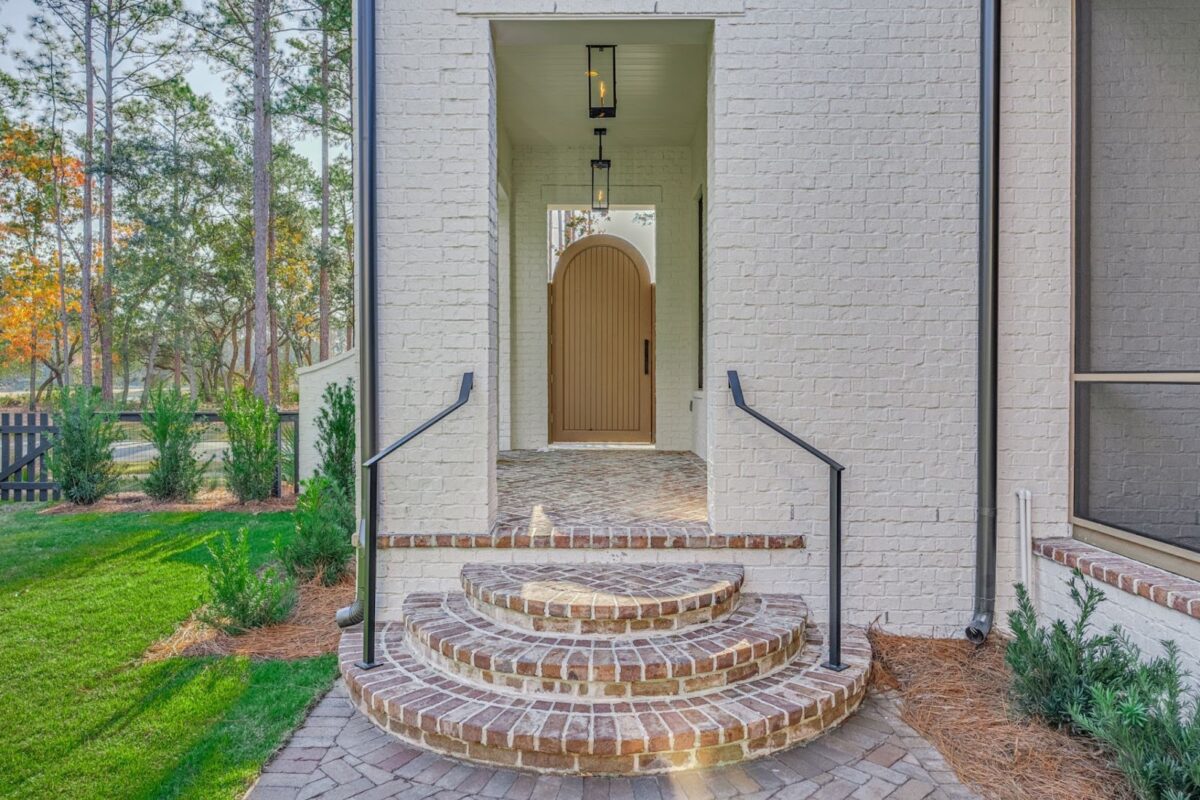
Palmetto Bluff Real Estate: Why Winter is the Best Time to Buy Your Lowcountry Home There’s something about winter in the Lowcountry that reveals the true beauty of what life at Palmetto Bluff truly feels like. Century-old live oaks strung with lights cast ...
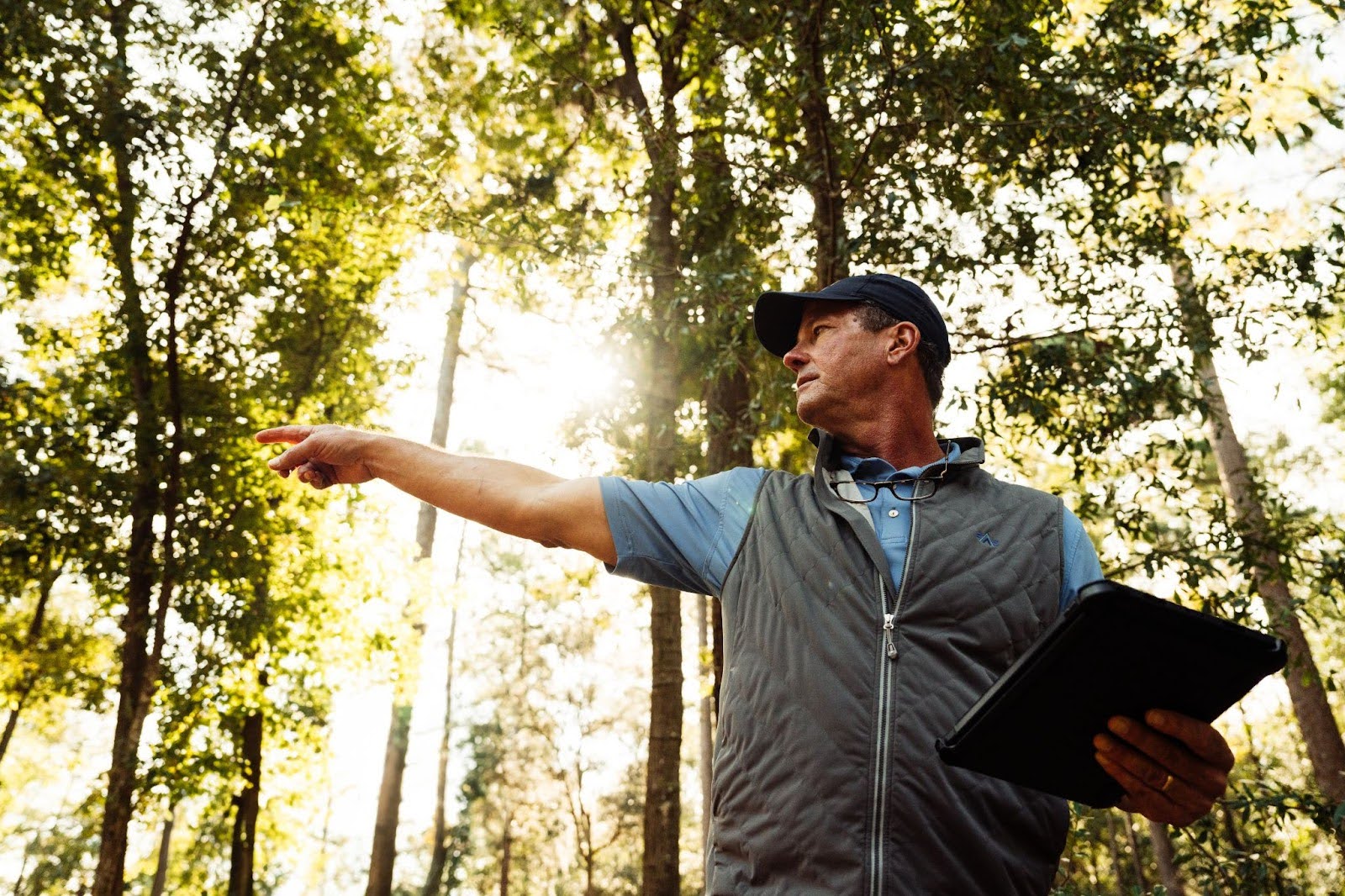
Anson Point Golf Course at Palmetto Bluff: A Coore & Crenshaw Nature-Forward Design Meet Palmetto Bluff’s Vice President of Development, Will Howard, a Georgia native who found his home in Bluffton over 20 years ago. As VP of Development, Will has a wide...

Warm, fragrant, and deeply comforting, Chef Beth’s Southern Sausage & Sage Stuffing is a holiday classic that brings together rich pork sausage, fresh herbs, and toasted bread for the ultimate savory side dish. Studded with green apples and aromatic vegeta...
We do not attempt to independently verify the currency, completeness, accuracy or authenticity of the data contained herein. All area measurements and calculations are approximate and should be independently verified. Data may be subject to transcription and transmission errors. Accordingly, the data is provided on an “as is” “as available” basis only and may not reflect all real estate activity in the market”. © [2023] REsides, Inc. All rights reserved. Certain information contained herein is derived from information, which is the licensed property of, and copyrighted by, REsides, Inc.